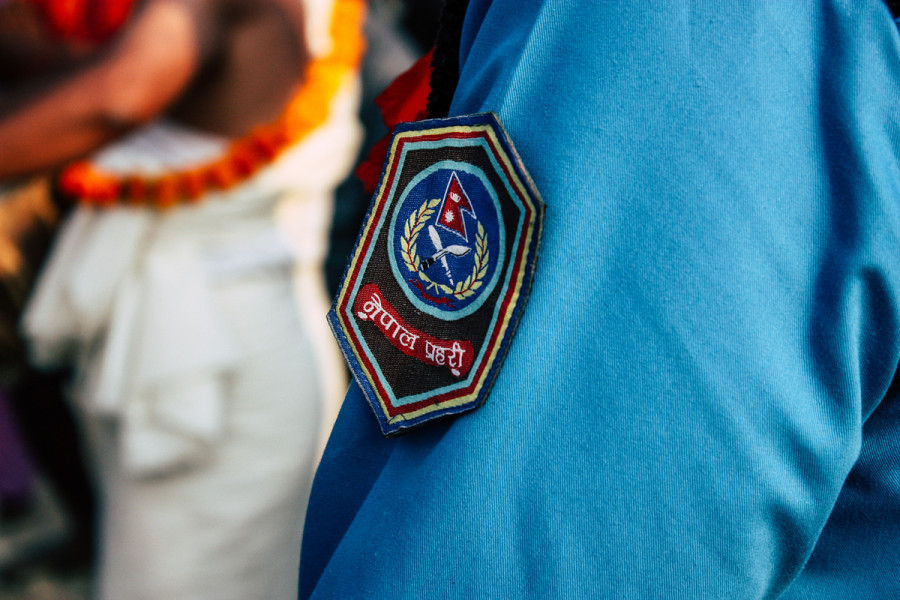Editorial
Rebuilding Nepal Police
It is impossible to imagine free and fair elections without a strong police force.
The number one priority of the caretaker Sushila Karki government is holding elections on March 5. Yet in order to arrive at that goal it will first have to take care of something else: the rehabilitation of Nepal Police. A high level of security is a prerequisite for holding credible elections. As former chief election commissioner Neel Kantha Uprety highlighted in an interview with the post this week, Nepal Police is at the forefront of security for the elections. Police do not just provide security at the poll centres, but also encourage voting by making the general public feel a sense of security in the weeks and months leading to the election date. They provide the necessary security for candidates and voters, and ensure that the election code of conduct is strictly followed.
However, the police force is in a sorry state in the wake of the nationwide riots on September 9. Countless police buildings were reduced to rubbles. The offices of police were a primary target of the unruly mobs that arsoned and vandalised public institutions indiscriminately. More than 1,200 police weapons were stolen and around 100,000 rounds of ammunition are reported missing. The security status of the country is fragile as groups and individuals bearing the stolen weapons are still at large. Over 15,000 inmates escaped prisons during the riots—and only half of them are back in jail.
The psychological toll dealt to the police personnel is bigger than the infrastructure damage inflicted on police posts. Three police personnel were killed during the riots. Many of them had to strip off their uniforms and surrender their weapons. A report prepared by the police highlights how the force is now disorganised and demoralised. The unpublished report states that the police is facing difficulties in maintaining law and order due to the burnt and damaged barracks, offices, clothes and vehicles, and overall demoralised state of mind.
It is impossible to imagine free and fair elections in the absence of law and order. As the interim government has been given the mandate to conduct elections within just six months of its formation, rebuilding the police organisation must be its first priority. It must work to increase the morale of the police and adequately equip them before the polls. For this, priority must be given to rebuilding of police buildings and offices and re-equipping the police with necessary gears and weaponry. At this point, it is important for the organisers of the Gen Z movement to be in dialogue with the police and for them to establish mutual trust. The way police personnel were stripped and paraded out of their offices on September 9—that kind of psychological stress and humiliation is not easily healed. High ranking state and police officials, for their part, must commit to exercising maximum restraint, and respecting the human rights of all citizens, at all times.
The police personnel who were involved in indiscriminate firing and killing of protestors on September 8 must be brought to book. Yet we must all realise the indispensability of police—and not just in holding free and fair elections. That is their secondary duty. Their first duty is to maintain law and order. Without a strong and motivated police force, it will be hard for Nepali citizens to even safely go about their daily lives.




 13.12°C Kathmandu
13.12°C Kathmandu














